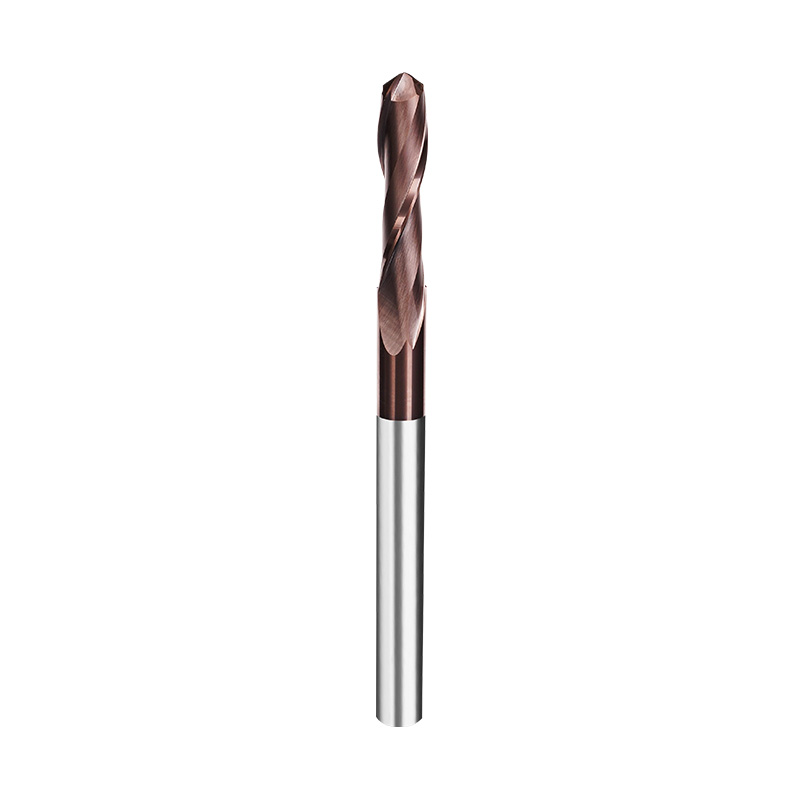In the advanced world of precision machining, the ability to produce complex shapes with high accuracy is crucial. Carbide radius cutters have emerged as essential tools in achieving these intricate designs, providing unmatched versatility and performance.
The Role of Carbide Radius Cutters
Carbide radius cutters are specifically designed to create curved profiles and smooth transitions in metal and other materials. Their unique shape, with a cutting edge that follows a radius, allows them to handle tasks that require both precision and flexibility. These cutters are particularly effective in applications where smooth, rounded corners and complex curves are needed, making them indispensable in industries like aerospace, automotive, and mold-making.
The design of carbide radius cutters includes a radius-shaped cutting edge that produces a clean, smooth finish. This is particularly beneficial when working on parts that require tight tolerances and fine details. By using carbide radius cutters, machinists can achieve the desired geometric features with minimal additional finishing work, thus enhancing overall efficiency and productivity.

Advantages Over Other Cutting Tools
When compared to solid carbide milling cutters, carbide radius cutters offer distinct advantages for specific tasks. Solid carbide milling cutters are known for their strength and durability, making them ideal for heavy material removal and precision cutting. However, their flat cutting edges are not as suited for creating rounded or curved profiles. This is where carbide radius cutters excel, offering a solution for tasks that require a smooth, radiused finish.
Similarly, ball end mill cutters are another popular choice in precision machining, known for their ability to create contoured surfaces and complex shapes. The ball end mill cutter has a rounded end that allows for smooth transitions and detailed work. While ball end mills are versatile and can handle a variety of shapes, carbide radius cutters provide even more control when it comes to producing specific radii and achieving precise corner radii.
Applications and Industry Use
Carbide radius cutters find extensive applications across different industries due to their versatility. In aerospace manufacturing, for example, these cutters are used to create complex components with smooth, aerodynamic profiles. The ability to achieve precise curves and radii is crucial in ensuring that parts meet stringent performance and safety standards.
In the automotive sector, carbide radius cutters play a key role in producing parts with smooth, rounded features, which are essential for both functional performance and aesthetic appeal. From engine components to interior trim, the ability to create detailed, radiused profiles enhances the quality and functionality of automotive parts.
The mold-making industry also benefits greatly from carbide radius cutters. Creating molds for various products often requires intricate shapes and smooth curves. Carbide radius cutters provide the precision needed to produce high-quality molds, which directly impacts the quality of the final products manufactured using these molds.
Choosing the Right Tool
Selecting the appropriate cutting tool for a given task involves understanding the specific requirements of the job. Carbide radius cutters are particularly effective when the task involves creating smooth, curved profiles and radii. Their design allows for precision and consistency, making them the ideal choice for tasks that demand high accuracy in curved and radiused features.
On the other hand, solid carbide milling cutters are better suited for tasks that require robust material removal and precision cutting in flat or angular profiles. They are ideal for applications where the material is being shaped or machined in a manner that does not involve intricate curves or radii.
Ball end mill cutters offer versatility and are suitable for tasks that require a combination of contoured surfaces and intricate details. However, for tasks specifically focused on creating rounded or radiused features, carbide radius cutters provide more specialized and accurate results.